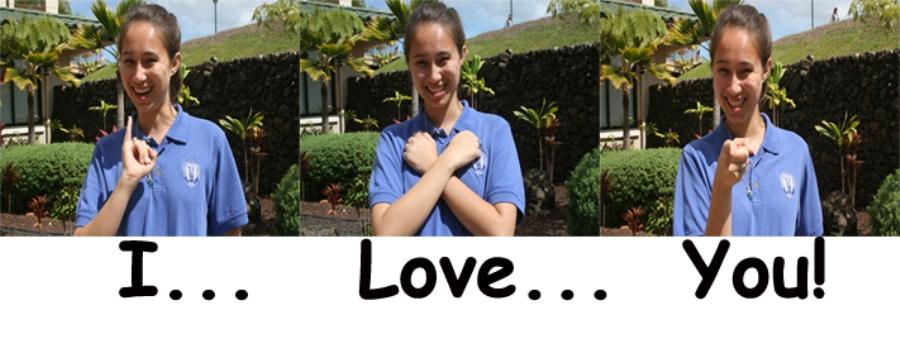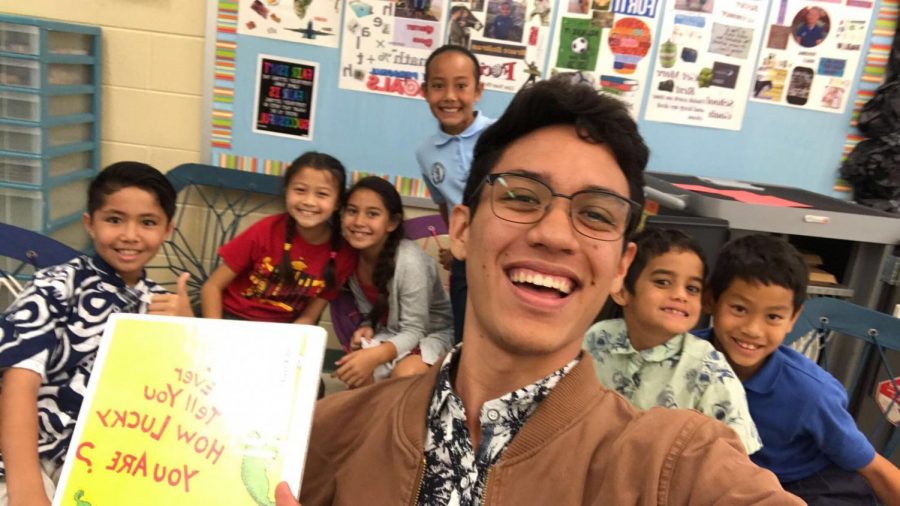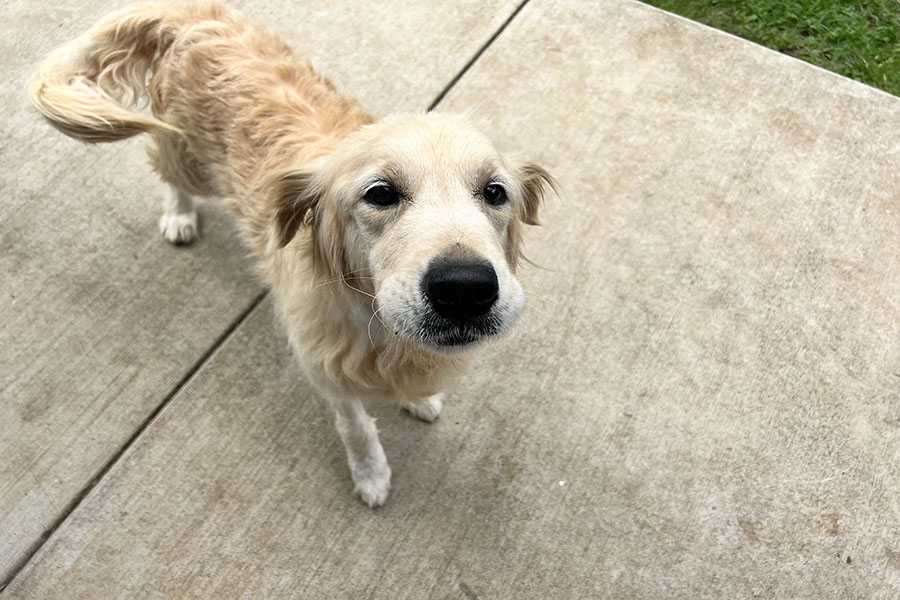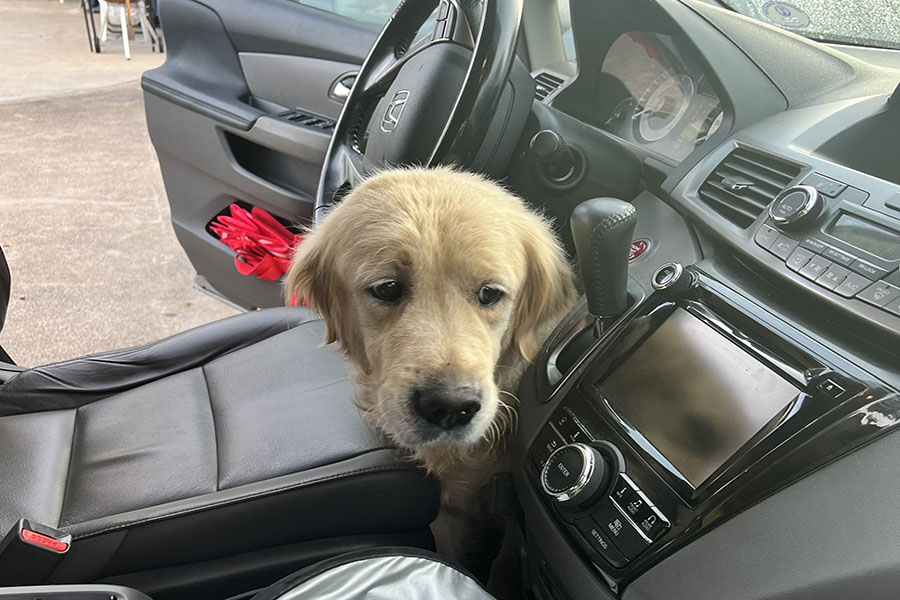Recently, I’ve been watching Switched at Birth, which airs on ABC Family. In case you haven’t seen it, the show is a dramatization based on the lives of two families who found out that their daughters were switched at birth.
On Oct. 22, 1995, two baby girls were born in Pioneer Memorial Hospital in Heppner, Ore., at nearly the same time, and the wrong ones were given to the parents when they left the hospital.
Years later, when one of the daughters took a high school blood test and found out that she didn’t have a similar blood type to her parents, her suspicions were raised.
Through tests, it is discovered that the girls were switched at birth! In order to try to understand each other’s lives better, the two families move in together.
The story of the deaf daughter, Daphne Vasquez, fascinates me. Though not born deaf, she contracted meningitis as an infant and went deaf. Today, she communicates through sign language.
When I watch the actress who plays her, Katie Leclerc, I am amazed at the way her hands move. The quick, expressive motions are like watching her hands sing or dance. It’s a beautiful foreign language interpreted by 10 simple digits, two hands and two arms. Facial expressions also play a large part in this form of communication.
Since watching the show, I have been inspired to dabble in some sign language on my own. American Sign Language is actually very complex. I’ve been having a little bit of trouble getting the hang of it and have grown to appreciate it more through my trials and errors.
Ever since I watched the show, I have also become acutely aware of the way people use their hands when they talk. People are constantly waving their hands this way and that as they describe events and tell their stories. I wonder what proficient users of ASL must think! I imagine it must be like listening to someone say HA-WHY-YEE when trying to pronounce Hawaiʻi.
Not only did I find a new hobby through this show, but getting an inside look at the deaf community reminds me of one of my first community service projects.
In the summer of my freshman year, I signed up to be a caregiver at Camp IMUA, which is a camp for children with disabilities. The goal of the caregivers is to be a disabled child’s best friend and give them the experience of a lifetime. It was one of the first times I had interacted so closely with someone with a disability.
At first, I was hesitant. I didn’t know what to do or what to say. There were kids who would sign with their hands, and I was a little intimidated. Something so foreign, I didn’t understand it, and that scared me.
But, then they taught me a few words. How to say simple things like “hungry” (always a good one for a snacker like myself), “hello” (which is pretty universal), and one of my favorites–“love.”
One of the biggest lessons I took home with me that summer was that at a basic level, everyone is the same. It doesn’t matter if you are deaf, blind or in a wheelchair. No matter the challenges or differences everyone faces, we are at our roots, the same thing: human.
We shouldn’t judge others or shy away from them because we live our lives differently. All it takes is one person to step forward and use the universal sign for “hi” (a smile and a wave). When we all take the time to communicate, we can’t help but learn that we are all alike.
Seeing familiar signs on the show brings back memories of the camp, all the fun experiences I had during the summer with the kids and all of the lessons that they taught me.
Currently, Switched at Birth is on a hiatus, but it will be back in January. Until then, I’ll keep practicing my signing, and maybe, by January, I may not need the subtitles any more. I can’t wait!













